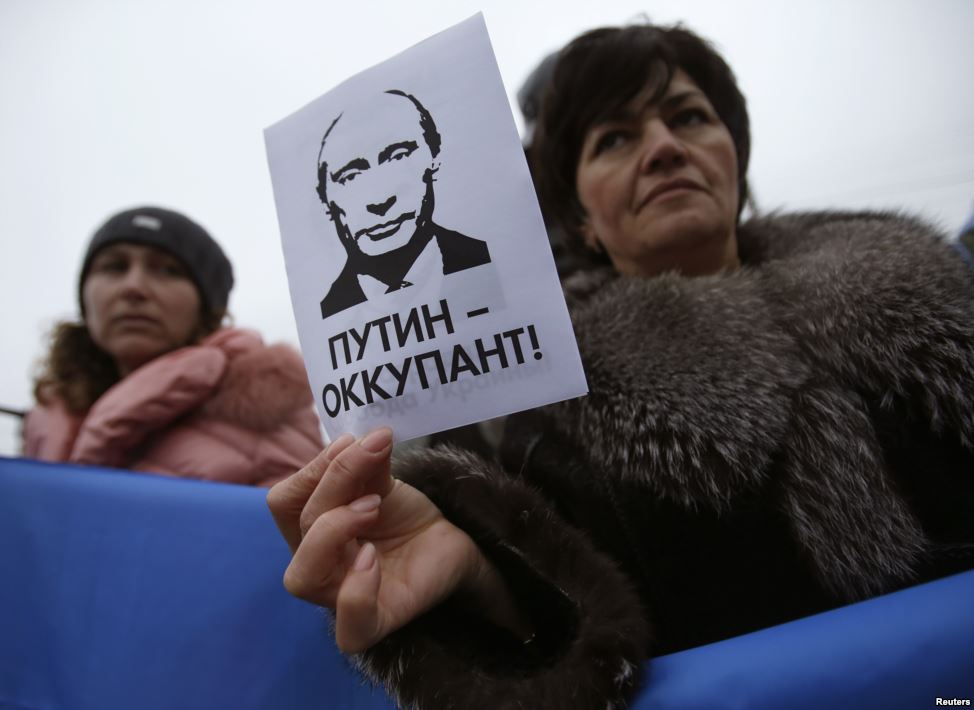The Russian authorities are doing everything they can -- from threatening Crimean Tatars living in occupied Crimea to setting up a pocket organization of Crimean Tatars they control to appealing to the Turkish government -- in an unsuccessful attempt to block the World Congress of Crimean Tatars from meeting in Ankara.
This set of actions, coming on top of continuing Russian oppression of that community – read the new report by the monitoring group of the Congress of National Communities of Ukraine to see how important the Crimean Tatars are in Moscow’s eyes and how paranoid the Russian side is about them.
Despite Russian threats and appeals, Refat Chubarov, the head of the Crimean Tatar Mejlis, says that preparations for the congress, which is to open later this week with “about 200 Crimean Tatar public organizations” represented, are “successfully being completed.”
Crimean Tatar organizations from Ukraine, Kyrgyzstan, Kazakhstan, Canada, Lithuania, Poland, Russia, Romania, Türkiye, France and other European countries will be represented, Chubarov said. From Ukraine, about 200 people plan to attend, of whom 100 live in Crimea, but the Russian occupiers are doing what they can to keep them from going.
Nariman Dzhelal, the first deputy chairman of the Mejlis, says that the Russians are trying to frighten them by suggesting that if they go, they won’t be allowed back or will be prosecuted for “extremism” if they sign on to any declaration that Crimea is not legitimately part of the Russian Federation.
Some may be dissuaded as a result of these “conversations,” he said, while others may choose to attend as observers rather than participants to lessen any charges the Russian occupiers might bring on their return.
Ali Khamzin, a member of the Mejlis who now represents Crimea in the coordinating council of the World Congress of Crimean Tatars, says that this pressure is yet another reason why the upcoming meeting must address the problems of the security of Crimean Tatars in their homeland and issue appeals to world leaders.
“Our people,” he continues, “which returned to Crimea at the price of an enormous number of victims and using only democratic forms of struggle and non-violent methods in this very dangerous period has the right to appeal to the international community and hope for solidarity.”
Another device Moscow is using to try to undercut the World Congress is the formation of its own organization, Kyrym, which is headed by the pro-Moscow deputy speaker of the Crimean State Council Remzi Ilyasov. His group has called on Turkish leaders not to attend the meeting and warned those who plan to attend that they should think about members of their families.
That threat, Mustafa Cemilev, the Ukrainian president’s plenipotentiary for Crimean Tatar affairs, says that Ilyasov should be charged with violating the Ukrainian criminal code for making threats of that kind. He and other Crimean Tatars reject the notion that Moscow has any chance of blocking the Congress or causing the Crimean Tatars to change their principled objection to the Russian occupation of their homeland.




